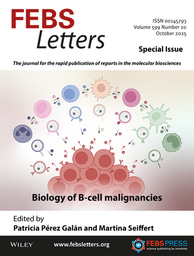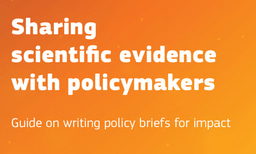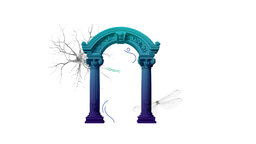Citizen science in biomedicine: attitudes in Latvia

Citizen science involves research conducted by citizens in cooperation with scientists using scientifically developed methods. Citizen science makes science accessible to the public and promotes public trust.
Despite the numerous quantitative and qualitative research studies exploring public attitudes toward citizen science in the fields of biology, environmental science, digital humanities, and others, few have focused on biomedicine. Moreover, to our knowledge, no studies have investigated attitudes toward citizen science in Eastern Europe. Consequently, the lack of this data was one of the main reasons for conducting a study on this topic in Latvia.
Overall, our study provides an insight into the views on citizen science in biomedicine from two key perspectives: the general public and researchers. It looks into the broad attitudes, motivations, and concerns regarding participation in citizen science research projects and the use of such an approach in scientific work.
The results show that the attitudes of the public and scientists in Latvia differ considerably.
The general public’s interest in participation in different citizen science projects is mainly driven by potential individual and social benefits, such as gaining more information about their health condition or a specific disease in society in general. The public was highly concerned about co-funding, that is, having to contribute financially and be able to participate in a project. Between 12 and 17% of the general public were not willing to participate in a study if there was any co-payment or crowdfunding involved. Another important concern of the group was the necessity to take and share photos and videos as a way of contributing to a collection of data, for instance, documenting the healing of a wound or performing specific body movement exercises. People expressed potential discomfort taking such actions and worries about the safety of their personal data.
Biomedical scientists perceived citizen science primarily as a way to collect data more efficiently, facilitating quicker and larger-scale gathering, and securing additional financial support via co-funding or crowdsourcing. This group was mostly concerned about data quality, that is, not having full control over the data-gathering process. Other concerns of the scientists were potential legal issues and additional coordination and communication that would be required when involving laypeople in their research projects. The biomedical scientists in Latvia acknowledged having little experience with citizen science as a form of engaging society in their research. However, most of them showed interest in learning more about this approach and using its methods in their scientific work.
The differences between the attitudes of the general public and scientists should be taken into account when developing future citizen science projects in Latvia. Furthermore, enhancing motivation to participate in such initiatives could be improved through educating the general population about the role of science in society and by communicating about the public benefits of scientific research, thus fostering public trust in science.
The results of our study indicate that it is important to assess the attitudes toward citizen science in specific populations, as, for example, compared to studies in some other countries the most important motivation of the general public for involvement in citizen science activities in Latvia is an individual benefit, whilst societal benefit is considered of secondary importance.
Lead author of the post: Alise Švandere, Research assistant, Latvian Biomedical Research and Study Centre, Latvia.
Reference:
Svandere A, Mežinska S, Kaleja J, Kante N, Peculis R, Rogoza O, Rovite V. Citizen Science in Biomedicine: Attitudes, Motivation, and Concerns of the General Public and Scientists in Latvia. Social Sciences. 2023; 12(11):620. https://doi.org/10.3390/socsci12110620
Photo by Ivars Utināns on Unsplash





Join the FEBS Network today
Joining the FEBS Network’s molecular life sciences community enables you to access special content on the site, present your profile, 'follow' contributors, 'comment' on and 'like' content, post your own content, and set up a tailored email digest for updates.